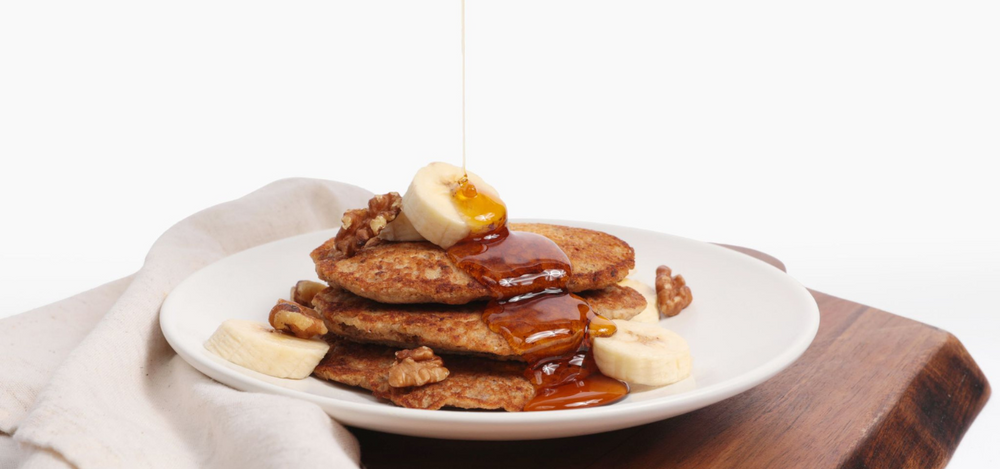Why Breakfast Matters and How to Optimize It

Breakfast is the first meal we consume after a longer period of not eating. It’s literally the meal that breaks the fast. For most of us, that meal occurs first thing in the morning after we’ve had a good night’s sleep - and maybe even worked out. For some, that first meal happens a few hours later. After all, not everyone enjoys filling their stomachs early in the day. Some people are just not hungry in the morning. But under that scenario eating later still breaks the fast. And for all intents and purposes, the health effects of that meal are similar to a typically-timed breakfast consumed earlier.
We’ve probably all heard that breakfast is the most important meal of the day—but did you know it’s also one of the most important meals for your heart? What you eat first sets the tone for your cardiovascular health, energy levels, and even metabolism.
And that matters. According to published data, skipping a healthy breakfast or choosing the wrong foods when you finally break the fast can significantly increase your risk of heart disease. What's more, skipping breakfast has also been linked to increased inflammation, which is not only a contributor to the development of heart disease but also to a whole host of chronic health issues including cancer and dementia. Making time for a balanced breakfast is therefore an investment in long-term health.
The Power of a Heart-Healthy Breakfast
A balanced, nutrient-dense breakfast contributes essential fiber, healthy fats, antioxidants and protein—all of which set us up for better heart health. Studies show that people who eat a balanced breakfast have lower cholesterol levels, better blood sugar control, and experience a reduced risk of hypertension.
A well-rounded breakfast also helps curb hunger later in the day, preventing less mindful snacking that can lead to weight gain and nutritional imbalance. It also supports stable energy levels, reducing the likelihood of fatigue and poor concentration.
Some of the best breakfast choices include:
-
Oatmeal – Rich in soluble fiber, which helps lower LDL (bad) cholesterol.
-
Nuts and Seeds – Packed with heart-healthy fats, protein, and antioxidants.
-
Berries – High in fiber and polyphenols that support vascular function.
-
Whole-Grain Toast with Nut Butter – Provides sustained energy and healthy fats.
-
Low-Fat Yogurt with Flaxseeds – A combination that supports digestion and heart health.
Make Breakfast a Priority
March is National Nutrition Month, making it the perfect time to evaluate your breakfast habits and prioritize heart-healthy choices. If mornings are hectic, try preparing breakfast the night before or choosing simple, grab-and-go options that are still heart-healthy. Overnight oats, smoothies with nuts and seeds, or whole-grain toast with avocado are quick, nourishing choices.
For an effortless way to support your heart, Step One Foods offers delicious, scientifically formulated breakfast options designed to help lower cholesterol and support cardiometabolic health. Our nutrient-dense bars, oatmeal, pancake mix, and nut butter make it easy to start your day with heart health in mind.
So if you're not already, make breakfast a priority! No time like the present to embrace a healthier routine - especially one that has the potential to deliver so many long term benefits.

Tested & Proven Results.
- Cardiologist formulated
- Supported by over 500 publications
- Clinically-proven, in a double-blind randomized trial with Mayo Clinic and The University of Manitoba
80% of participants lowered their cholesterol in just 30 days. With just two servings per day, Step One Foods offers a proven-effective way to naturally lower LDL (bad) cholesterol.
Get heart health tips and articles like this, delivered right to your email.
New articles every week.
You may also like...

Spring Into Heart Health: The Best Seasonal Foods to Eat Now

You don’t need to avoid foods with cholesterol…except for these



